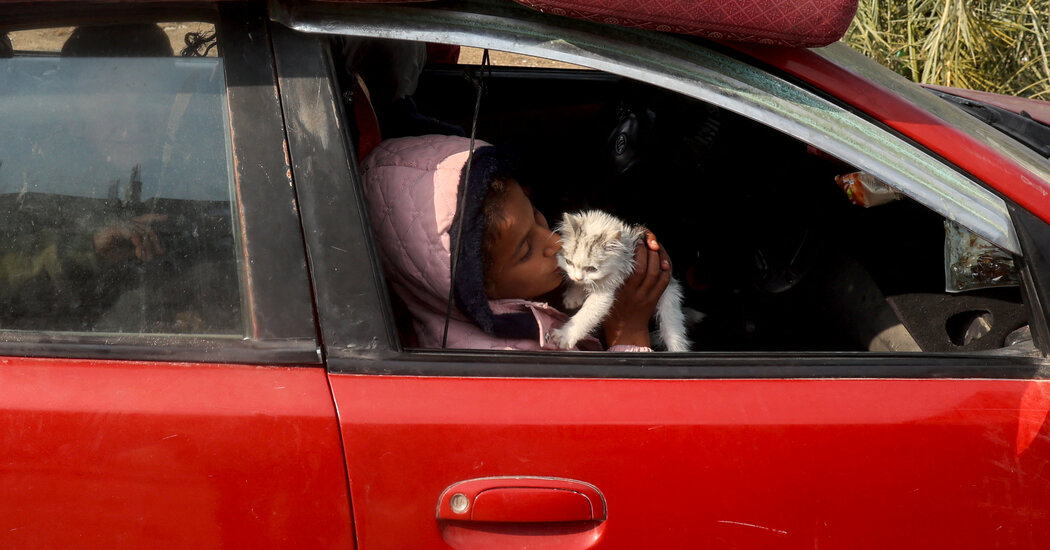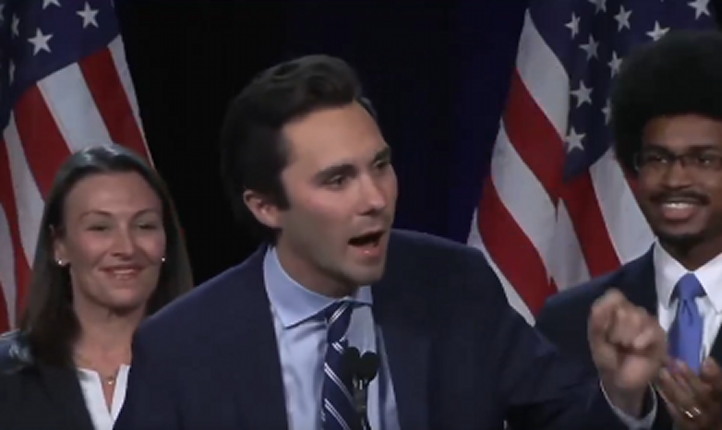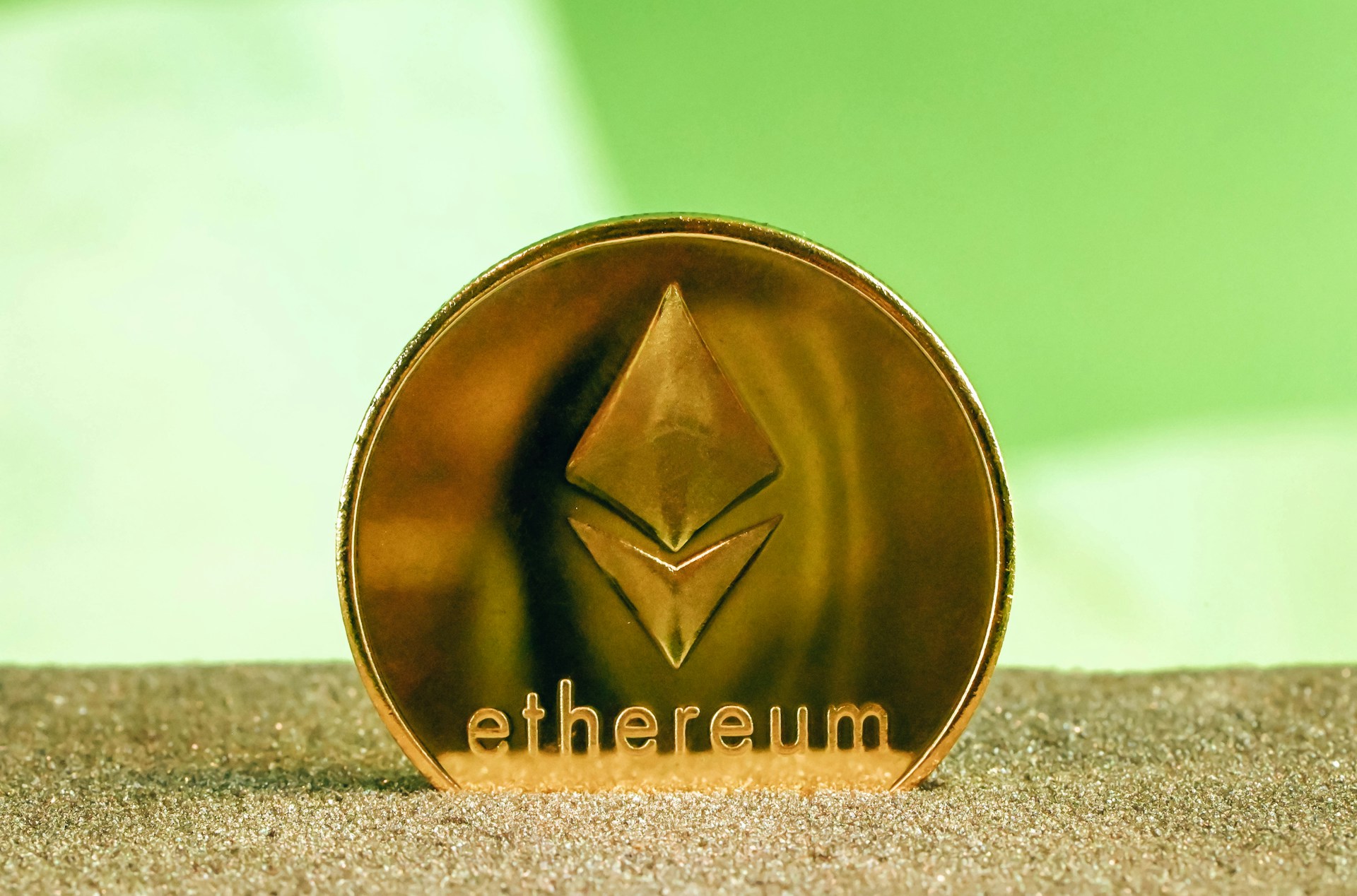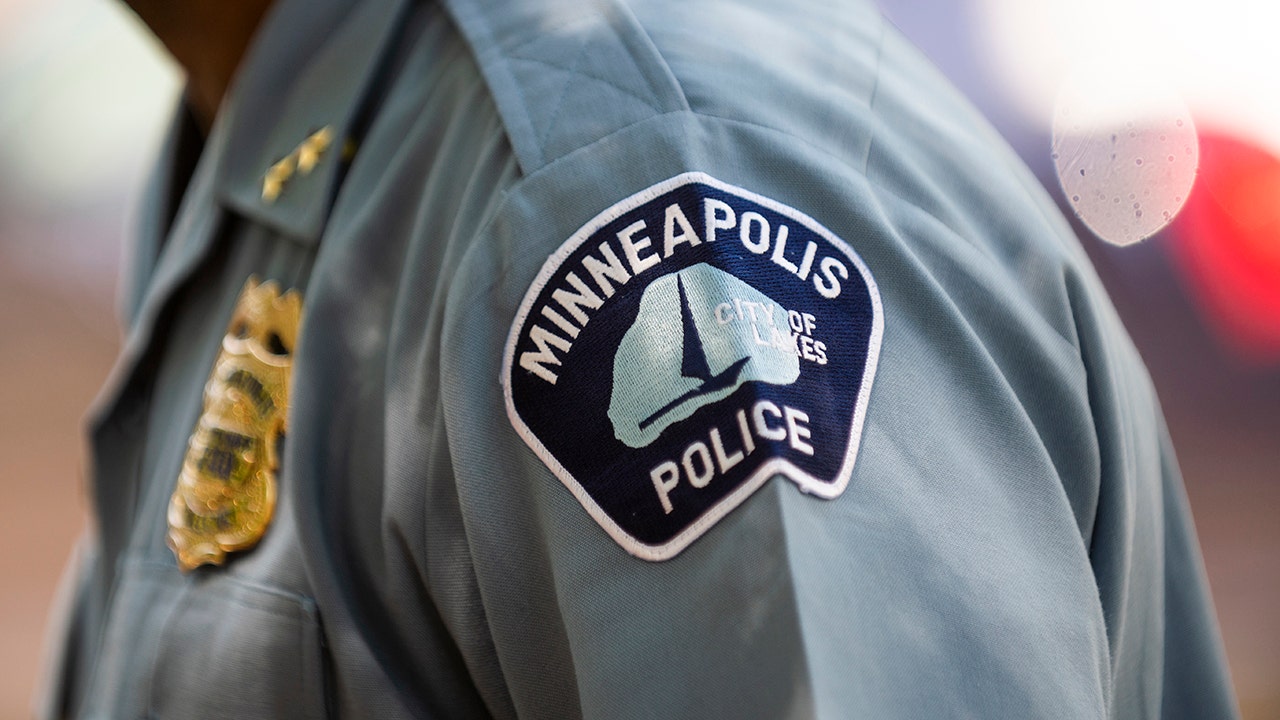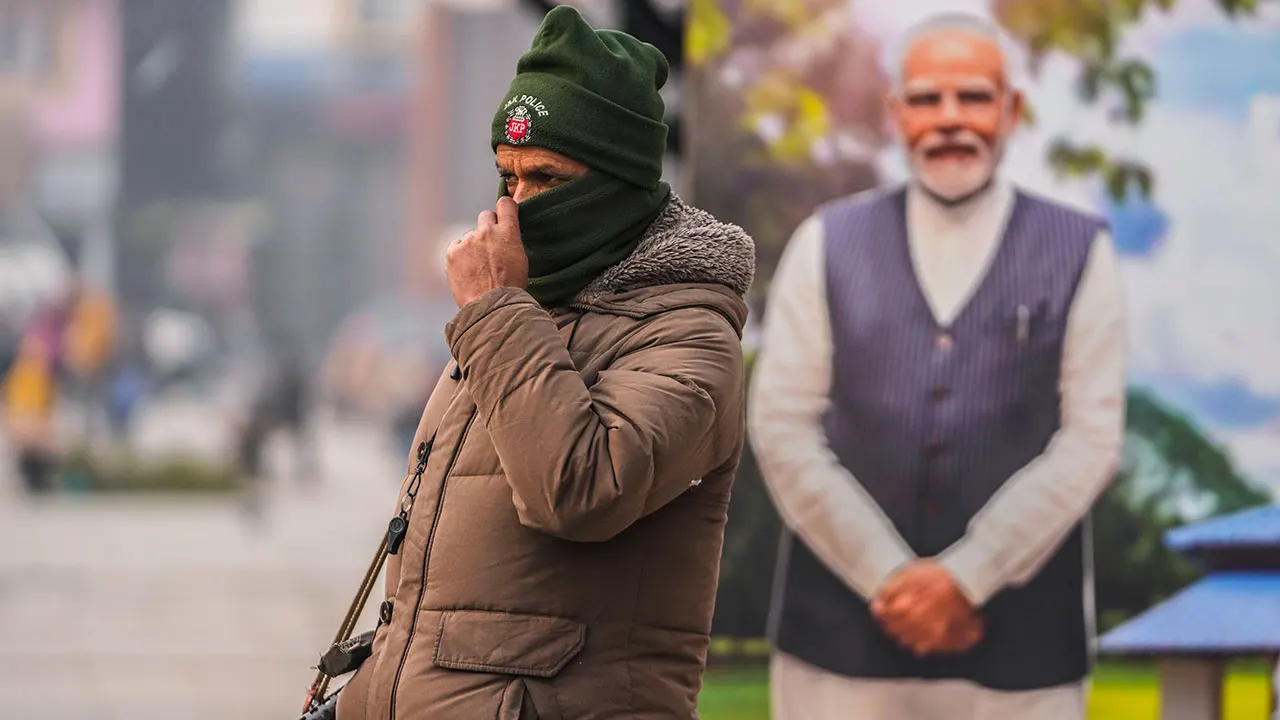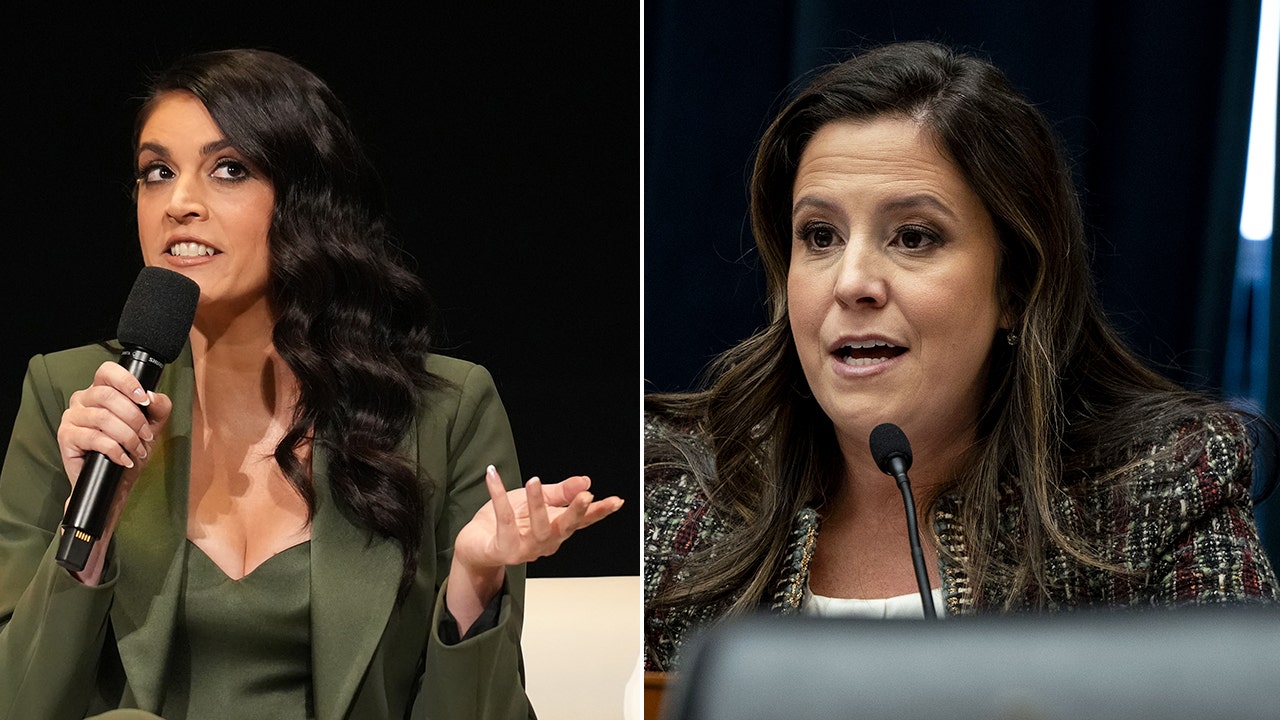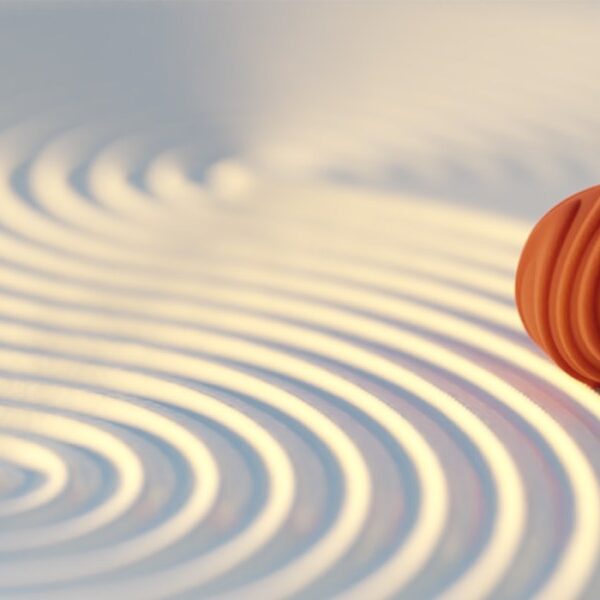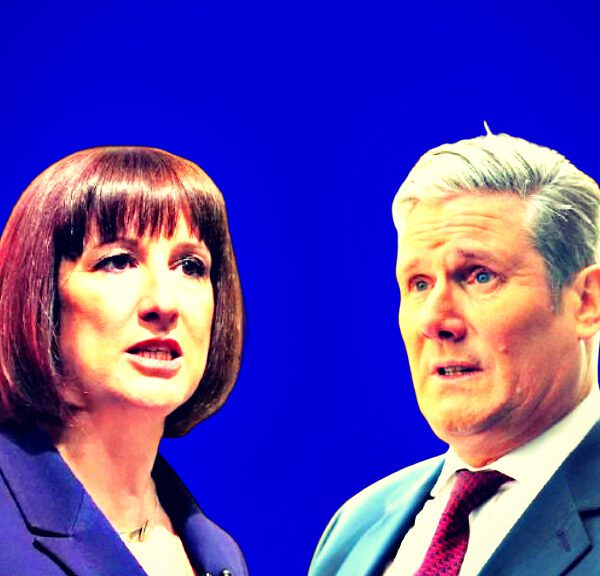During the war in Gaza, a place called Taqat in Deir al Balah became a lifeline for me.
Taqat, which means “energies” in Arabic, is a workspace with rare reliable internet and electricity — powered by solar panels — that was started amid the chaos of the war for freelancers and students. It offered something that felt almost impossible during those times: productivity and purpose.
I started working there as a manager for software projects, collaborating with others who were just as determined to keep moving forward. It was incredible to see how, even in the hardest conditions, people found ways to stay useful, to keep creating and to hold on to hope. Taqat reminded me that even in the most difficult circumstances, we have the power to build something meaningful.
The idea that life can be more than sheer survival is part of the fragile sense of hope that the recent cease-fire has brought to us in Gaza. After weeks of relentless Israeli bombing, the silence feels surreal, almost like a dream we’re too afraid to trust.
Yet the destruction around us is overwhelming. Entire neighborhoods were turned to rubble, mass graves were filled with loved ones and countless families have been left with nothing but grief. The huge number of dead and wounded is almost impossible to comprehend. Rebuilding will take years, maybe decades, if Israel allows it.
But beyond the physical damage, there’s another challenge we now face: confronting the emotional trauma of such a catastrophe.
During more than a year of war, we in Gaza developed a kind of psychological defense mechanism, pushing hope away. Hope was dangerous because it could so easily be shattered. Nor was there room for feelings when our lives revolved around the search for basic necessities like finding food and water, scavenging for wood to cook food and lighting fires to stay warm. We became numb as a way to protect ourselves.
Now, with the cease-fire, that numbness is starting to fade, and we are left to face the immense weight of our emotions. We are afraid of our own feelings. We can no longer avoid the overwhelming sense of loss.
Many of us don’t even know if our missing loved ones are alive or dead. The thought of returning to our old neighborhoods is terrifying. What if we don’t recognize anything? What if the places that held our happiest memories are gone forever? How do we mourn when mourning feels like a luxury we can’t afford?
I left Gaza with my parents when I was 10 years old, in 2013. We moved to Malaysia and I attended an international school in Kuala Lumpur. Three years ago, when I was 18, I returned to start at a university, despite Israel’s suffocating blockade and occupation and the immense hardship they caused us. I wanted to reconnect with my roots, to understand the place I came from. I studied computer engineering and, like so many young people here, was full of ambition.
But this war has taught me things no student should ever have to learn.
I’ve learned the true meaning of hunger — not the kind of hunger you feel when you skip a meal, but the kind that gnaws at your stomach for days. I’ve had to make impossible decisions, like whether to give the last piece of bread to a hungry child or save it for my family.
I’ve learned what it feels like to be completely helpless. There were moments during the war when no matter how much you wanted to help someone, there was simply nothing you could do. Roads were destroyed, hospitals were in ruins and even the most basic resources were out of reach because of Israel’s systematic attacks. That feeling of powerlessness is something I will never forget. I fear it will continue if the cease-fire does not hold, the siege goes on and Israel is not held to account.
One of the hardest lessons I’ve learned is how war strips away your humanity. When just staying alive becomes your only goal, it’s easy to lose sight of everything else. You stop thinking about the future because the present is all you can handle.
Today we have to confront that future. We have to face — and overcome — the fear, the grief and the uncertainty. And we have to find a way to rebuild, not just our homes, but our lives. We have to rediscover our collective sense of purpose — the feeling that drew me to Taqat — and help move one another forward toward whatever comes next.
For too long, the world has only seen us through the lens of suffering. The truth is, we in Gaza are not just a faceless mass of people desperate for food and water. We are students, teachers, doctors, artists and dreamers. We have ambitions and talents, just like anyone else.
I hope that this war, as devastating as it has been, will open people’s eyes to our situation. I hope it will make the world realize how unfairly Palestinians have been treated, not just in Gaza, but everywhere since the 1948 nakba, the mass expulsion and flight of Palestinian Arabs. We deserve to live in freedom with dignity. We deserve to have our own country, and our own future.
Rebuilding Gaza is not impossible. If the cease-fire holds and Israel opens the borders, if we have access to resources, if the world supports us, we can build something even better than what we had before.
I have so much energy pent up inside me, and I’m ready to use it. In some ways, I feel like a superhero, like I’ve survived the worst and come out stronger. Gaza is more than just a city. It’s a community, a family and a home. And no matter how much we’ve lost, we will find a way to rebuild it. We will survive. And we will keep going.

